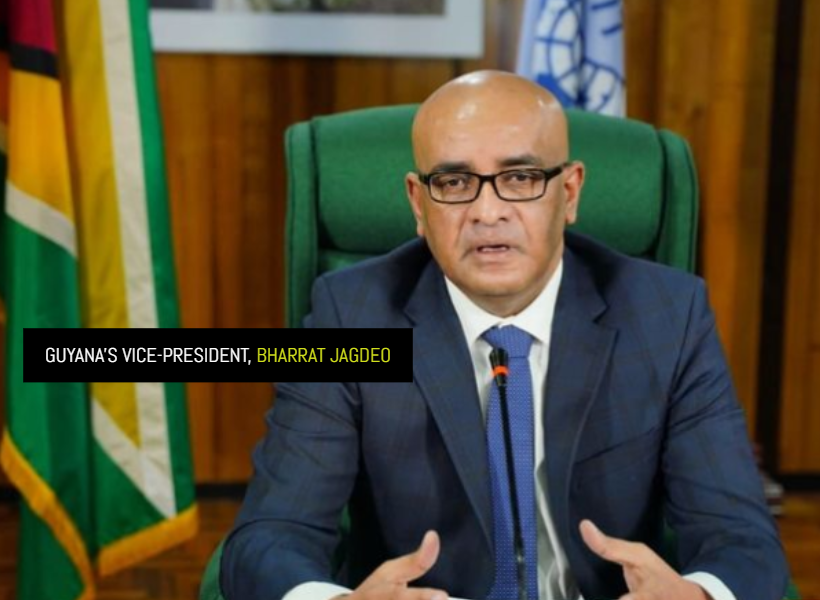Guyana is making deliberate choices to ensure its oil resources are used sustainably, learning from the experiences of its Caribbean neighbour, Trinidad and Tobago.
As oil revenues continue to flow into Guyana’s Natural Resource Fund (NRF), the government has faced mounting calls from the public and opposition groups to transfer some of these funds directly to citizens through cash transfers or to implement steep salary increases. However, the government has remained firm in its stance that long-term stability and development take precedence over immediate consumption-based spending.

This approach is informed by the lessons learned from Trinidad and Tobago, which for years, relied heavily on its oil and gas revenues to fund current expenses, subsidies, and transfers. According to a 2018 report by the Inter-American Development Bank (IDB), the government of Trinidad and Tobago increased its transfers and subsidies tenfold over 15 years, spending nearly 100% of its fiscal revenues on these initiatives between 1999 and 2015. The IDB described this approach as “hand-to-mouth” spending, cautioning that such practices could lead to unsustainable economic conditions.
As energy production declines, the Trinidad and Tobago Extractive Industries Transparency Initiative (TTEITI) recently raised concerns about the potential impact of declining oil and gas revenues on the country’s social programmes. In a July 30 report, TTEITI stressed the importance of these programmes, which are crucial for vulnerable groups such as the elderly, low-income households, the disabled, the sick, the unemployed, and university students.

Given that social expenditure accounts for 41% of Trinidad and Tobago’s oil and gas revenue, TTEITI conducted a study to model the effects of a projected 20% decline in energy revenues on various social programmes. The model revealed that while some programmes, like the Government’s Assistance for Tertiary Education Program and the Public Assistance Grant, are expected to see upward trends, others, such as the Senior Citizens’ Pension and the Disability Assistance Grant, are forecast to experience significant declines in funding over the 2023-2033 period. This has prompted TTEITI to call for dialogue on how to rationalize spending and safeguard the social safety net. This matter’s urgency is stressed by TTEITI’s notation that Trinidad’s population is aging and would therefore require more revenue to support an expanding elderly base.

Trinidad and Tobago is now experiencing the consequences of its consumption-based approach. With its oil and gas production steadily declining, the government is struggling to maintain the level of social services and quality of life that citizens have come to expect. Energy Minister, Stuart Young recently acknowledged that, based on current production rates and reserve estimates, the country has only about 10 years of gas production left.
Determined not to repeat certain mistakes, Guyana’s government has frequently imparted on the citizenry, the importance of investing in capital projects that promise long-term benefits, such as building schools, hospitals, roads, and energy generation capacity. Vice President Bharrat Jagdeo has been particularly vocal about the risks of adopting a consumption-based spending model. He noted that many countries that have relied on their oil wealth to boost salaries and increase current expenditures have found themselves in precarious positions once the oil money dwindled or prices dropped.
The government of Guyana is keen to ensure that expansion in current expenditure is supported by the capacity of a broad-based coalition of sectors, rather than just oil and gas. These non-oil sectors must now utilize oil’s momentum to grow and flourish, Guyana’s strategy aligns with the IDB’s recommendations for managing its billions in oil wealth. The IDB report warned that without careful planning and a focus on productive investments, countries like Guyana could find themselves in similar situations as Trinidad and Tobago, where declining oil revenues lead to economic difficulties and reduced public services.













